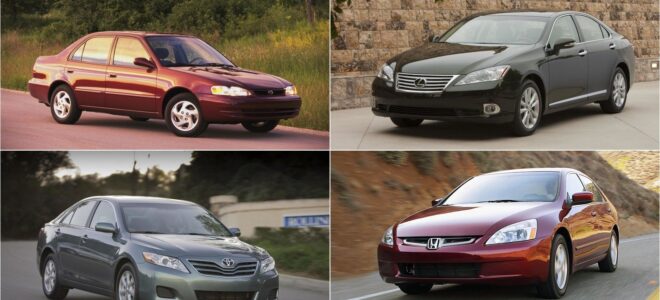
One of the most critical factors to consider when buying a new car is reliability. Reliable vehicles are long-lasting, offer improved safety, have better fuel economy, and hold up well on the road. Car brands design cars to last, but some car brands do a better job than others. Cost of ownership is the main factor to consider for reliability. A high cost of ownership likely means several repair visits, a situation that would lessen the car’s reliability.
Some of the most reliable cars ever made have come from Mercedes, Toyota, Mazda, Honda, Volvo, and Lexus. Luxury car brands typically have lower reliability scores because they incorporate advanced technology. Investors should consider these factors of reliability when trading because they can impact the share prices of car brands.
Toyota
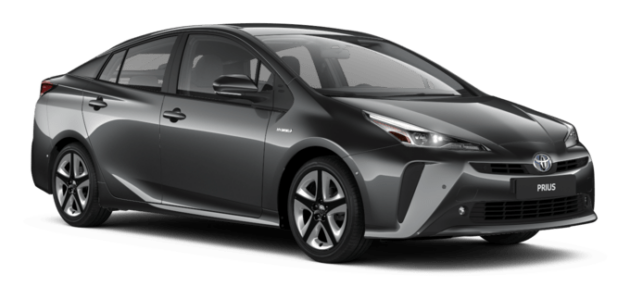
Source: toyota.rs
According to Consumer Reports annual rankings related to reliability, Toyota ranks second with a score of 78 out of 100. The car brand’s reliability stems from the fact that it gradually introduces new features rather than racing to implement the latest technology. The company is methodical about testing and researching new technology to prevent excessive repairs that hinder reliability. Additionally, Toyota prides itself on giving attention to function rather than flashy external features like torque, power, or speed. While they might not be the most exciting cars, Toyota ensures that they provide the utmost safety. Finally, Toyota has some of the longest-lasting vehicles on the market.
Models like the Toyota Prius, Camry, and Yaris have all received excellent safety reviews and have a great reputation. They boast excellent fuel economy and have a loyal customer following. Investors tend to consider Toyota as an interesting trading potential, as the company’s reputation has earned it a top spot.
Mercedes
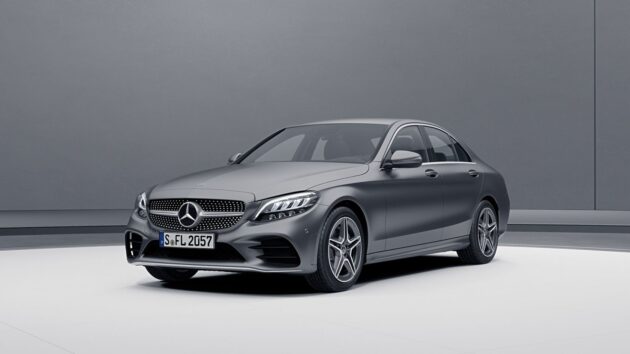
Source: mercedes-benz.rs
Mercedes has a reputation for quality, but the cost of ownership of the German cars is high. The average annual repair cost for a Mercedes is $908. The average price of ownership is directly related to reliability and repair costs. The more reliable a vehicle is, the lower the cost of ownership.
Additionally, Mercedes cars tend to have more unscheduled repairs than the average vehicle. These repairs stem from the brand’s use of the most advanced technology. This statistic also raises the cost of ownership. Given the high cost of ownership, the reliability of Mercedes is decent but not great. The reliability is on par with other luxury brands like BMW. The C-class and E-class are the most reliable types of Mercedes.
One of the benefits of owning or leasing a Mercedes is that these cars have a very high resale value. When most leases are complete, which averages approximately 3-years, the Mercedes generally scores in the top 10 resales value of luxury cars on the market. The benefit of a high resale value is twofold. First, if you lease the car, the high resale value lowers the initial decline in the price of the car during the term that you are leasing the vehicle. Therefore, you will pay less out of pocket during the leasing period. The second benefit of a high resale value is that you can sell your car for an elevated level when you decide to purchase a new vehicle.
Honda
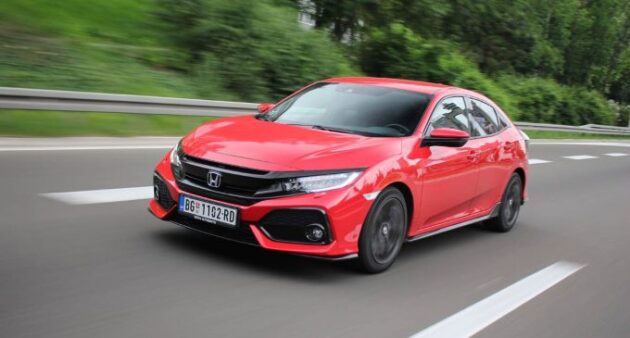
Source: magazinauto.com
Honda ranks first for reliability among 32 car brands with a score of 4.0 out of 5.0. A significant factor contributing to the brand’s reliability is its 0.3 visits to a repair shop per year, with a 10% probability of severe repair. The cost of ownership is $438, which is low compared to other car brands and highlights the vehicle’s reliability. This low cost and high value makes Honda vehicles very popular.
Mazda
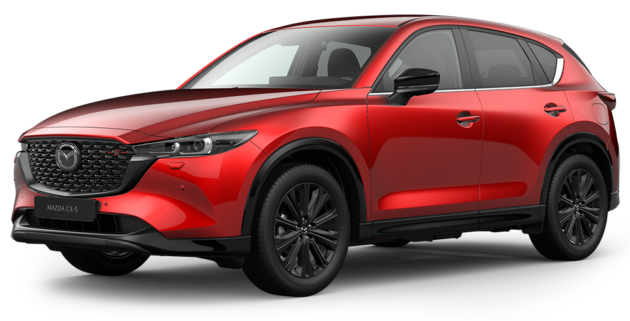
Source: mazda.rs
Mazda is ranked in reliability among other top brands like Lexus, Honda, and Toyota. Mazdas do not typically need frequent repairs, as they are sturdy and durable. However, the car brand does have its fair share of shortcomings. For instance, Mazda owners reported issues with their brakes, a scenario which has lowered its reliability score. The most reliable Mazdas include the Mazda MX-5, Mazda 2, and the Mazda 3.
Volvo
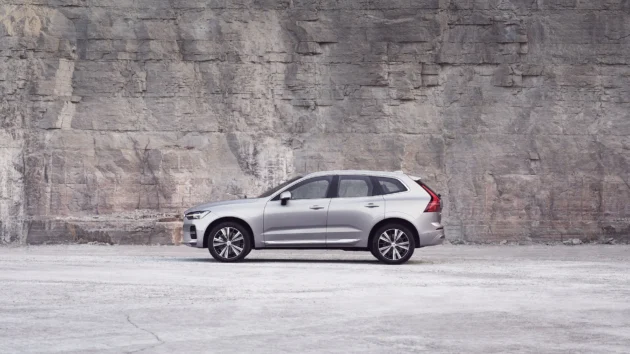
Source: volvocars.com
Volvo is a car brand with above-average reliability. However, Volvo’s reliability score is down because the car brand includes advanced technology that can make it vulnerable to repair. Most of the time, the repair is not severe. About 9% of Volvo repairs are considered severe compared to 12% across all models. For instance, software updates lower its reliability, so there are more visits to the shop. Most people do not purchase Volvos with reliability first in mind. However, they are still considered safe cars.
Lexus
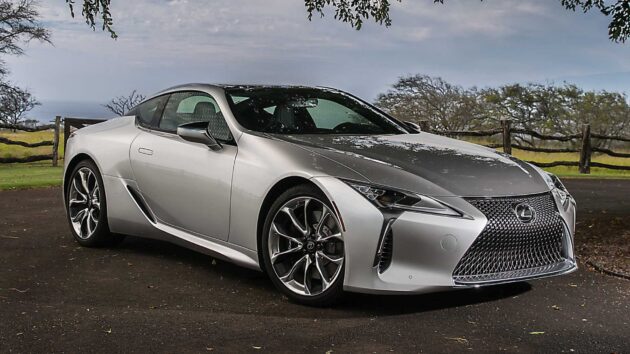
Source: vrelegume.rs
One reason Lexus is a reliable car brand is that Toyota owns it. Lexus has won several dependability awards for various vehicle features consistently for eight years in a row. The general manager discussed the importance of testing finished vehicles to meet quality requirements. The Lexus RX was named the most reliable car under the compact premium section, and the Lexus SUV GX was first in the midsize SUV premium category. Lexus also has very high resale values and is an attractive car to buy and lease. When it is time to sell your Lexus or trade it in, the elevated resale value will provide you with added benefits when looking to purchase a new car.
The Bottom Line
There are several features to consider when analyzing a car brand’s reliability. The most reliable cars require fewer visits to the shop and are typically long-lasting. The cost of maintenance has a direct correlation to a car’s reliability. The most reliable car brands are Honda and Toyota. These cars are durable and safe. Fixing these cars is much less expensive than the luxury car counterparts. The downside is that the resale value is usually not as high as many luxury brands.
Luxury car brands like Mercedes have lower reliability scores because the brand implements advanced technology that is more vulnerable to malfunctions. Mercedes also have high resale values, making them attractive vehicles to own and lease. This scenario is also the case for Lexus. Therefore, it is essential to consider the reliability of a car for investment purposes because the price of less reliable vehicles can lead to share price volatility in trading.



